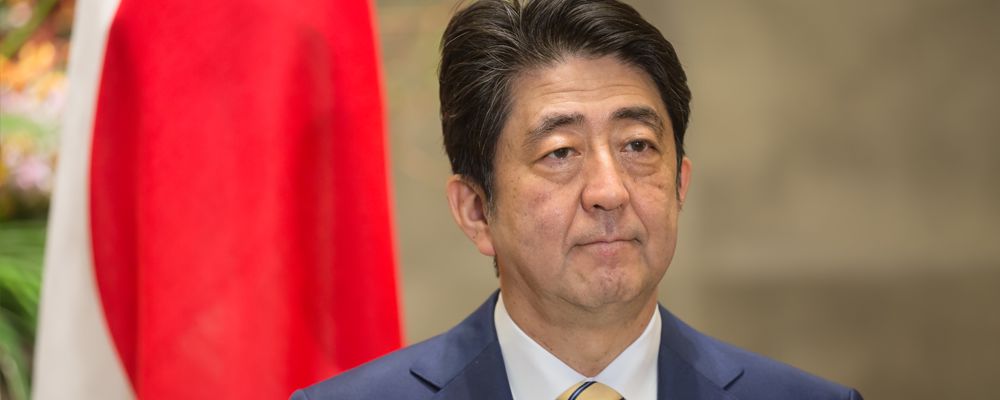Japan has wanted inflation and wage growth within its economy for decades.
- Sunday, June 4, 2023
 The corporate governance reforms first introduced by former Japanese Prime minister Shinzo Abe are starting to see progress in the Japanese stock market. Sadly, Mr Abe who was Japan’s longest serving Prime Minister till he stood down on health grounds in 2020 will not see the success of his hard-fought policies as he was assassinated in July 2022. Earnings growth in Japanese equities has continued to improve on the back of Mr Abe reforms.
The corporate governance reforms first introduced by former Japanese Prime minister Shinzo Abe are starting to see progress in the Japanese stock market. Sadly, Mr Abe who was Japan’s longest serving Prime Minister till he stood down on health grounds in 2020 will not see the success of his hard-fought policies as he was assassinated in July 2022. Earnings growth in Japanese equities has continued to improve on the back of Mr Abe reforms.
Adding to the structural improvements, wages are also rising and so the domestic economy may experience growth this year as consumers spend their higher wages. Japan’s unions recently secured significant increases in this year’s annual pay bargaining round. The increase was 3.8% and above that what was expected. Japanese inflation is 3.2% which is an achievement given decades of exceptionally low inflation. The BoJ may start tightening monetary policy as Japan’s inflation rate is at a 40-year high and the BoJ will naturally wish to control inflation.
Labour shortages have driven up wages in many sectors of the economy in both skilled and unskilled, part, and full-time workers. Japanese unemployment is currently 2.8% and is expected to fall to 2%. The tightness of the labour market is driving wage demands. With wage growth comes spending power and this has been helped by the easing of energy costs and the strengthening of the Yen.
Japan has wanted inflation and wage growth in its economy for decades and while other economies are trying to reduce inflation, Japan is welcoming it. Higher real wages, higher productivity, dividend growth and relatively modest inflation are encouraging. These are tailwind factors for Japanese equities.
Japanese equities continue to look relatively attractive compared to other developed regions and countries. Valuation risk is low in Japan. The weakness of the Yen helped the competitiveness of Japanese exporters but also erodes returns for foreign investors in Japanese shares.
The Abe governments corporate governance reforms and the return on equity through dividends has been the focus of successive governments and as yet is not finished but has advanced Japanese equity markets. An additional influence also improving Japanese equities is that both local and foreign investors are pushing for improved dividend returns.
The Nikkei 225 is up 10.9% so far this year to May and has now reached a 30 year high at levels not seen since 1990.

Chris Davies
Chartered Financial AdviserChris is a Chartered Independent Financial Adviser and leads the investment team.
About Estate Capital
Financial Services
Our Contacts
7 Uplands Crescent,
Swansea, South Wales,
SA2 0PA.
Tel: 01792 477763
